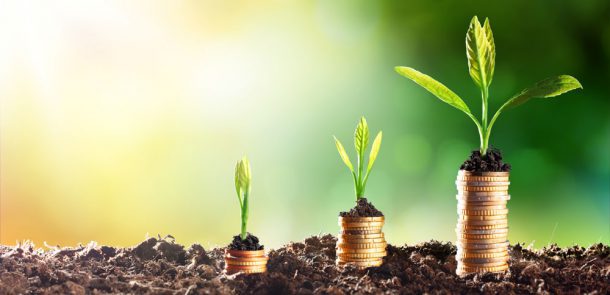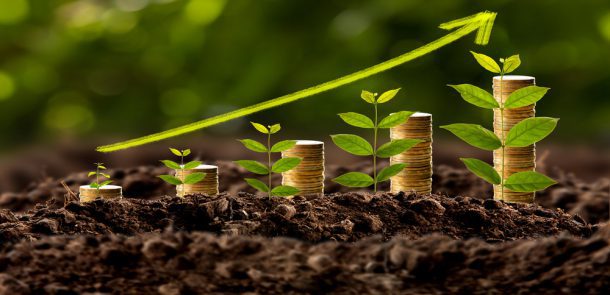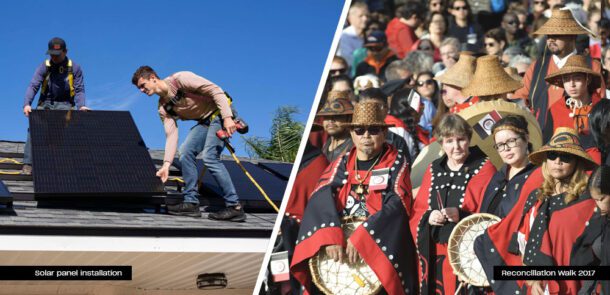There are several steps in evaluating a company to decide whether it is a socially responsible investment choice. Here is how Vancity does it:
Assessment phase
First, we look at whether the company is involved in an area which we consider high risk. We look at this from an environmental, social, and governance (ESG) perspective, along with a financial one. If a company is involved in nuclear/weapons manufacture, tobacco, gambling or pornography we believe they are creating negative impacts and detracting from social good. Take nuclear power as an example. The obligation to manage waste from nuclear plants will burden multiple generations long after the electricity has been consumed, which creates risk. People often talk about creating inter-generational equity by producing value and benefits for future generations and nuclear power plants don’t do this.
Once we’ve determined the company passes that first screen we then evaluate the company’s ESG risk management policies, procedures and practices. We do this by examining the businesses record for handling ESG incidents and determining if the response was appropriate. Did their systems and procedures work say, during and after an environmental incident? If not, have they been changed and improved so that new risks will be proactively addressed?
No system is perfect and no company is perfect, but we do expect companies to be aware of ESG risks and have operational systems in place to minimize the chance of negative events occurring. A good example is in supply chain management for retailers. We expect those companies to undertake audits and inspections in order to be sure that labour is not being exploited and the factories are safe.
What if there’s a problem?
When an incident occurs involving a company we hold in our socially responsible investment portfolio, we gather information through our news networks and the global SRI community and directly communicate with the company. The purpose of this is to ensure the situation is corrected, workers are compensated and better systems are adopted to protect workers from exploitation and dangerous conditions.
Our long-term goal is to contribute to the creation of a just and equitable global society by urging companies to be more socially, economically and environmentally sustainable.
Does this work?
Yes. Over time processes like these encourage companies to do better, but there is still a lot of work to be done in helping more businesses take steps toward becoming sound investment choices.
Today most retailers have supply chain codes of conduct and undertake third-party audits of the factories with whom they do business. However when socially responsible invest in (SRI) firms began engaging banks and other financial institutions (FIs) in Canada, the FIs had very little understanding or concern for the impacts created by resource extraction projects they had financed. Today, most Canadian FIs have signed the UN Equator Principles requiring an environmental and social impact assessment for each major project. In addition, they must disclose the type of financing, above a certain threshold, and the level of impact ranging from significant and irreversible to limited and largely reversible (or minimal/no impact). This doesn’t mean they’ve stopped funding controversial projects, but it does allow public interest groups, impacted communities and investors to constructively engage with project funders and shine a light on current practices.
How you invest matters. With a little research and effort you can create wealth while creating positive change, too.








